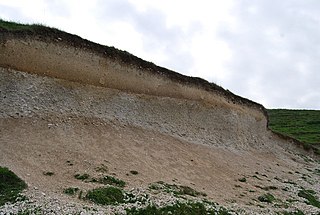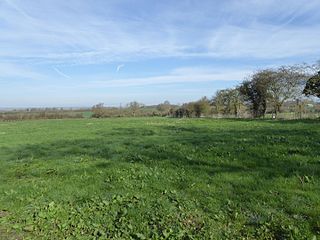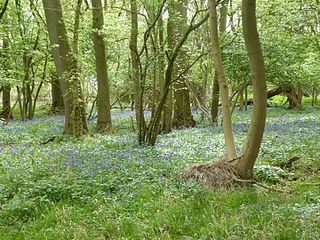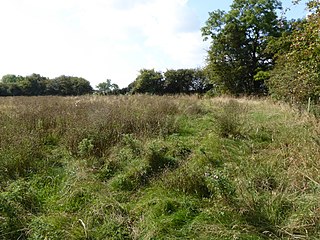| Site of Special Scientific Interest | |
 | |
| Area of Search | Rutland |
|---|---|
| Grid reference | TF 012 104 [1] |
| Interest | Biological |
| Area | 1.0 hectares [1] |
| Notification | 1987 [1] |
| Location map | Magic Map |
Tolethorpe Road Verges is a one hectare biological Site of Special Scientific Interest along the verges of Ryall Road between Great Casterton and Ryhall in Rutland. [1] [2]

A Site of Special Scientific Interest (SSSI) in Great Britain or an Area of Special Scientific Interest (ASSI) in the Isle of Man and Northern Ireland is a conservation designation denoting a protected area in the United Kingdom and Isle of Man. SSSI/ASSIs are the basic building block of site-based nature conservation legislation and most other legal nature/geological conservation designations in the United Kingdom are based upon them, including national nature reserves, Ramsar sites, Special Protection Areas, and Special Areas of Conservation. The acronym "SSSI" is often pronounced "triple-S I".

Great Casterton is a village and civil parish in the county of Rutland in the East Midlands of England. It is located at the crossing of the Roman Ermine Street and the River Gwash.

Ryhall is a village and civil parish in the county of Rutland in the East Midlands of England. It is situated close to the eastern boundary of the county, about 2 miles (3 km) north of Stamford.
These grass road verges on Jurassic limestone have several regionally uncommon plants. They are dominated by tor-grass and upright brome, and there are calcareous grassland herbs such as spiny restharrow and stemless thistle. [3]
The Jurassic was a geologic period and system that spanned 56 million years from the end of the Triassic Period 201.3 million years ago (Mya) to the beginning of the Cretaceous Period 145 Mya. The Jurassic constitutes the middle period of the Mesozoic Era, also known as the Age of Reptiles. The start of the period was marked by the major Triassic–Jurassic extinction event. Two other extinction events occurred during the period: the Pliensbachian-Toarcian extinction in the Early Jurassic, and the Tithonian event at the end; however, neither event ranks among the "Big Five" mass extinctions.

Calcareous is an adjective meaning "mostly or partly composed of calcium carbonate", in other words, containing lime or being chalky. The term is used in a wide variety of scientific disciplines.



















